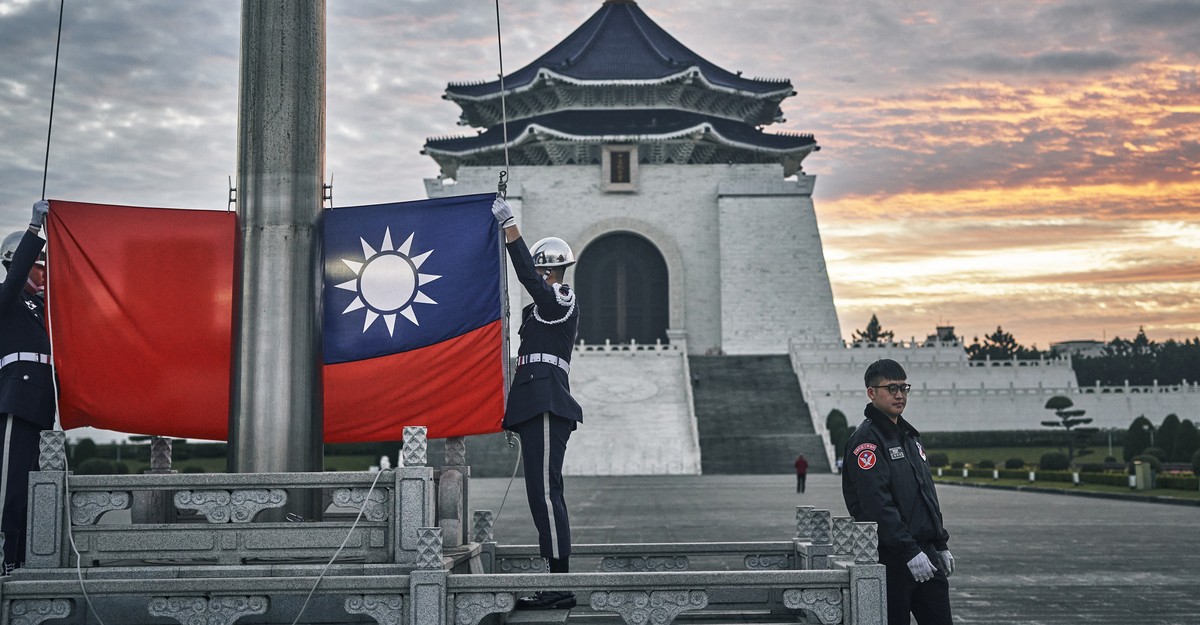The very prospect of a free election is a threat.
On Saturday, voters in Taiwan will head to the polls to choose their next president. The outcome will determine the course of relations between Taiwan and China. But even before the results are in, the very prospect of a free election in Taiwan raises an issue that goes to the core of the seven-decade dispute over the island’s fate.
The mere existence of a successful, democratic, Chinese society in Taiwan is an affront and a challenge to China’s leader, Xi Jinping, as well as to his political and global ambitions. Ultimately, if given the opportunity, Xi will destroy Taiwan’s democracy to eliminate the inherent threat to his vision for China’s future.
“I just don’t see him compromising on somehow allowing Taiwan to be autonomous or be a sort of democracy” that would operate without interference from Beijing, Bonnie Glaser, the managing director of the Indo-Pacific program at the German Marshall Fund of the United States, told me. “I don’t see how it fits into his worldview.”
A struggle between autocracy and democracy is playing out over the 100-mile strait that separates Taiwan from the Chinese mainland. And at the moment, a peaceful resolution appears improbable, perhaps even impossible. On one side is a Communist regime determined to assert its power on the world stage as its difficulties mount at home; on the other is a vibrant democratic society that has grown secure in its identity and desperate to preserve its freedom. The scope for agreement between the two is narrowing, and that has made their relations precarious and consequential.



Removed by mod
You mean West China right? :)
(I hear the Pooh Bear hates that)